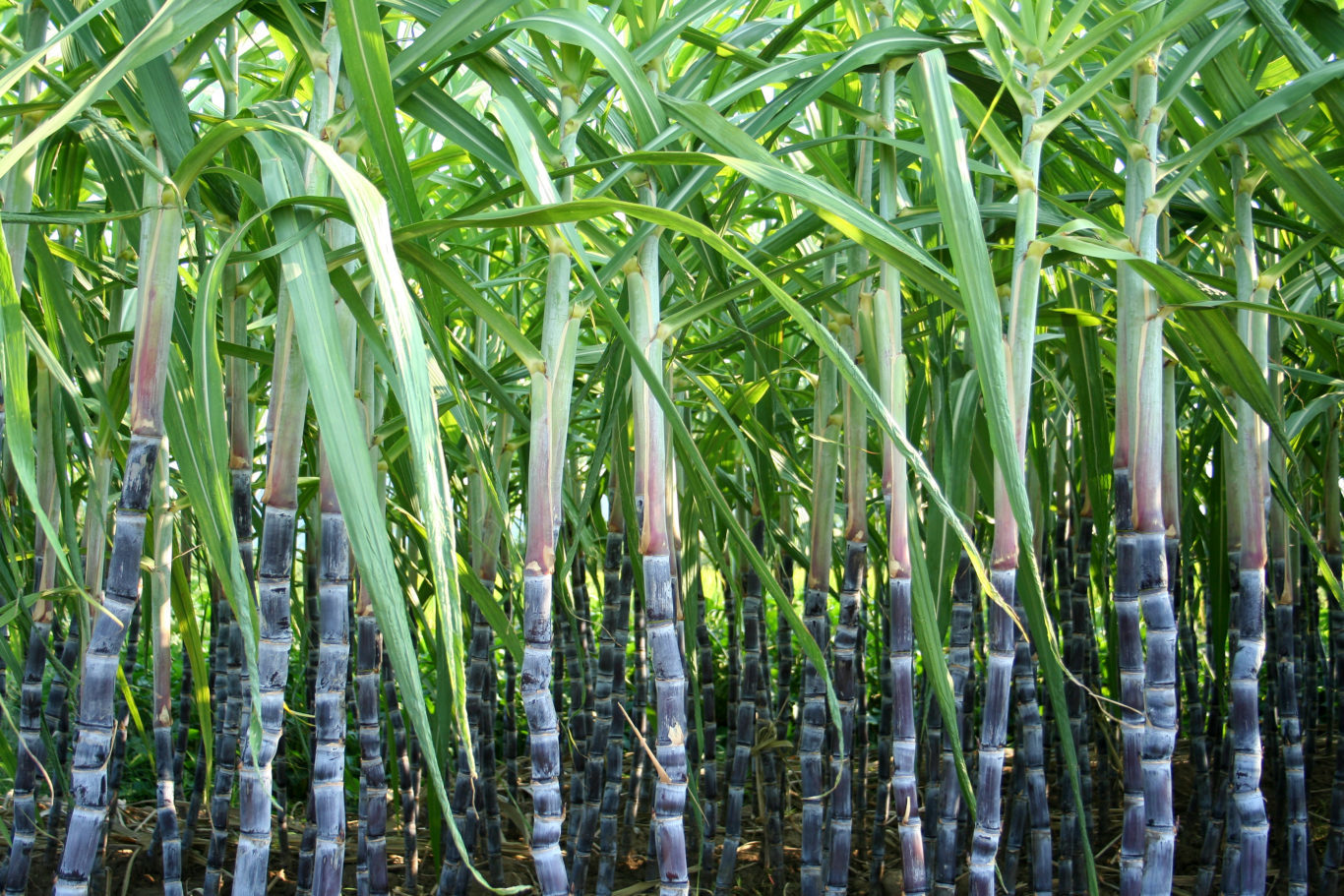Sugar and Cane: A Guide to Their Nutritional Benefits and Uses
Sugar and Cane: A Guide to Their Nutritional Benefits and Uses
Blog Article
Why Cane Sugar Processing Chemicals Are Vital for Modern Sugar Refining
The role of walking cane sugar processing chemicals in contemporary sugar refining can not be overemphasized, as they are indispensable to enhancing both the efficiency of removal and the general top quality of the final product. Agents such as phosphoric acid and specific flocculants are utilized to eliminate contaminations, resulting in sugar that not only satisfies customer expectations however also adheres to industry requirements.
Function of Processing Chemicals
The efficacy of cane sugar processing pivots dramatically on the strategic application of processing chemicals. These chemicals play an essential role in improving the performance and high quality of sugar extraction and refining. From the preliminary phases of juice removal to the last filtration steps, handling chemicals help with numerous critical procedures.
In the extraction stage, chemicals such as phosphoric acid and calcium hydroxide are utilized to optimize the explanation process, helping to eliminate pollutants and put on hold solids from the walking stick juice. This not only enhances the yield yet additionally makes sure the clarity of the final item. In addition, agents like flocculants aid in the fast settling of contaminations, therefore improving the total process.
Triggered carbon and ion exchange resins serve to get rid of shade and odor, ensuring that the polished sugar satisfies customer top quality standards. Thus, the meticulous option and application of these chemicals are crucial for achieving optimal end results in walking cane sugar processing.
Trick Kinds Of Chemicals
Walking cane sugar processing counts on a variety of crucial chemicals that assist in each phase of manufacturing. These chemicals play necessary duties in clarifying, bleaching, and cleansing the sugar removed from walking cane.
One key classification of chemicals consists of flocculants, such as polyacrylamide, which help in the clarification process by advertising the aggregation and settling of contaminations. Additionally, calcium hydroxide is typically employed to neutralize level of acidity and help in the elimination of non-sugar elements.
Bleaching representatives, such as turned on carbon and sulfur dioxide, are made use of to decolorize the syrup, leading to a more clear end product. These chemicals help eliminate color substances that may impact the sugar's look and bankability.
Furthermore, phosphoric acid acts as a pH regulator throughout the handling stages, ensuring ideal conditions for the enzymatic activities associated with sugar extraction and filtration.
Other important representatives include edta (ethylenediaminetetraacetic acid), which chelates metal ions that could militarize unfavorable responses, and salt hydroxide, which helps in pH control throughout the refining procedure. Jointly, these chemicals boost effectiveness and make certain a high-quality walking cane sugar product.
Benefits for Sugar High Quality
Commonly ignored, the use of certain handling chemicals dramatically improves the overall top quality of cane sugar. These chemicals play a pivotal duty in refining processes, making certain that the final item satisfies stringent market standards for purity and preference.

Furthermore, processing chemicals help in achieving a constant granulation and texture, which are important for customer acceptance. By controlling the condensation procedure, these chemicals guarantee that the sugar crystals form uniformly, bring about a much more attractive product that liquifies well in different applications.
Additionally, making use of these chemicals can improve the service life of cane sugar by decreasing moisture absorption and microbial development. On the whole, the calculated application of processing chemicals is vital for supplying top notch cane sugar that satisfies customer assumptions and market demands.
Environmental Impact Factors To Consider
Furthermore, the energy-intensive nature of sugar refining, compounded by chemical usage, usually results in boosted carbon exhausts. This adds to environment adjustment and elevates issues relating to the sustainability of present refining methods. Furthermore, the sourcing of these chemicals might involve methods that endanger biodiversity, such as monoculture farming, which decreases the durability of agricultural environments.

To alleviate these effects, sugar refiners are significantly checking out sustainable alternatives and adopting best techniques that lessen chemical usage. Implementing extensive ecological administration systems can aid make certain that the refining process aligns with environmental criteria and advertises biodiversity. Ultimately, a well balanced technique that focuses on both sugar high quality and environmental stewardship is essential for the lasting practicality of the sugar industry.
Future Fads in Refining
As the sugar sector grapples with the environmental obstacles related to conventional refining methods, innovative approaches are arising to enhance both performance and sustainability. One considerable trend is the adoption of environment-friendly chemistry concepts, which focus on using safe, biodegradable processing chemicals. This shift not just reduces ecological impact yet likewise addresses consumer need for cleaner production approaches.
Another encouraging development is the application of advanced filtering technologies, such as membrane layer splitting up and adsorption procedures. These methods improve the clearness and top quality of the sugar while minimizing the quantity of wastewater generated throughout refining. Additionally, find more the combination of electronic modern technologies, including IoT and AI, is changing functional effectiveness by enabling real-time tracking and anticipating upkeep, hence reducing resource waste.
Additionally, the usage pop over to this site of by-products from sugar refining, such as bagasse and molasses, is gaining grip. These products can be exchanged biofuels or value-added items, contributing to a circular economy within the industry. Collectively, these patterns indicate a change towards more sustainable methods that not only improve operational performance but also align with worldwide sustainability goals, making sure the future practicality of sugar refining.
Final Thought
Walking stick sugar processing chemicals are crucial in contemporary sugar refining, considerably boosting the effectiveness and high quality of sugar removal. The calculated usage of these chemicals not only improves the pureness and taste of the end product however additionally ensures regular formation and appearance. As the market increasingly focuses on sustainability, the fostering of environmentally-friendly processing representatives is likely to form future patterns in refining, ultimately leading to greater top quality products and prolonged service life for customers.

Inevitably, a balanced technique that focuses on both sugar quality and environmental stewardship is essential for the long-term stability of the sugar industry.
Cane sugar processing chemicals go right here are crucial in modern sugar refining, considerably boosting the efficiency and quality of sugar extraction.
Report this page